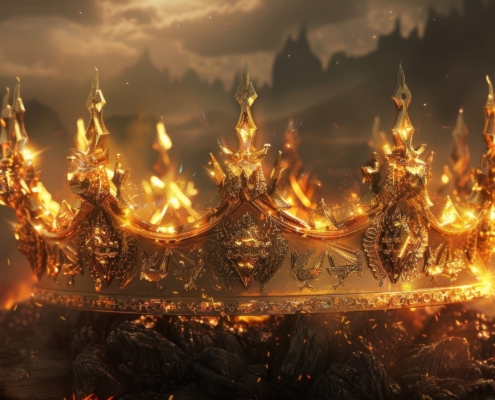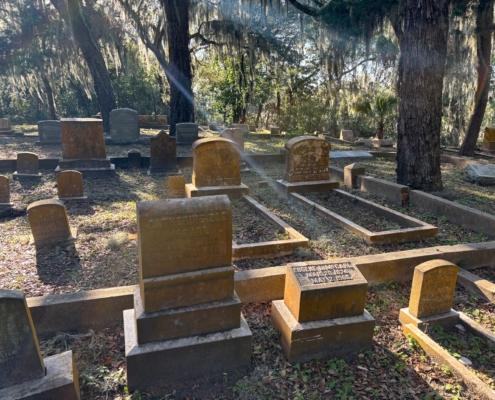Ep.1219: Is God’s Wrath Stronger Than His Love? (Part II)
God’s anger and wrath explained with a New Testament perspective
If you do not have a password, please subscribe to our FREE Premium Content for the Full Edition version of CQ Rewind. The welcome message will contain your password, and a reminder will be sent each week when the CQ Rewind is available online for you to read, print, or download.
CHAPTERS
Theme Scripture: James 1:17
Part I of this important topic focused in on some harsh Old Testament accounts that featured God pronouncing death and destruction to those who perpetrated great evil. Bible skeptics parade these accounts as proof that God is merciless, evil and even sadistic. While the Old Testament does put these kinds of judgments into perspective, the ability to draw a full conclusion regarding God’s purposes is not complete. We need the rest of the story. We need to understand how the New Testament is built on top of - but does not replace - the Old Testament. Today, we continue looking into the whole Bible to accurately measure God’s love against His wrath. What we will find is the rest of the story as we apply the role Jesus played as a man to all those who suffered and died before his earthly mission.
Not so fast...
Understanding God’s wrath requires a willingness to look at both the Old and New Testaments as a continuous unfolding of the mind of God. This approach reveals the depth of thought, preparation and wisdom that has gone into God’s plan ultimately unfolding. Instead of looking at specific events that can bring us to a point of judging God, we should rather locate the specific big picture principles being taught by those events.
What about Sodom?
A good illustration of this is the destruction of Sodom and Gomorrah back in Abraham’s time. These cities were destroyed as a result of their horrendous evil. Interestingly, when Jesus references the city of Sodom, he does so in a positive light. He says that if the miracles he performed were seen in Sodom, they would have not been destroyed and that they will have an easier time in the Day of Judgment. To the skeptic, this would prove that God is arbitrary, as it intimates that they were salvageable. Just show them miracles!
Why all the darkness?
God’s plan is so much bigger than the simple Band-Aid of a miracle. His focus is on the eternal opportunity that His plan gives ALL of us through Jesus. To understand God’s wrath in relation to God’s love, we need to recognize that God allowed the darkness of the sin that plagues this world. Why would He allow something so destructive? Because it is a necessary experience that shows the futility of life without godly righteousness. God’s bottom line is to use the foul experiences of sin to teach all of humanity the necessity and advantage of obeying His ways and His words.
Check out our March 7, 2022 podcast, “Is God’s Wrath Stronger than His Love? (Part II)” for more. We identify what the pathway through this sinful world leads to. We highlight the amazing promises God made on behalf of humanity so many thousands of years ago. God’s wrath is His intentional way of showing all of us the darkness and destructiveness of sin. His love was intentionally expressed through promises and through Jesus paying the price that sin required. Join us and see how these God-honoring puzzle pieces of God’s character fit together.
























Leave your comment